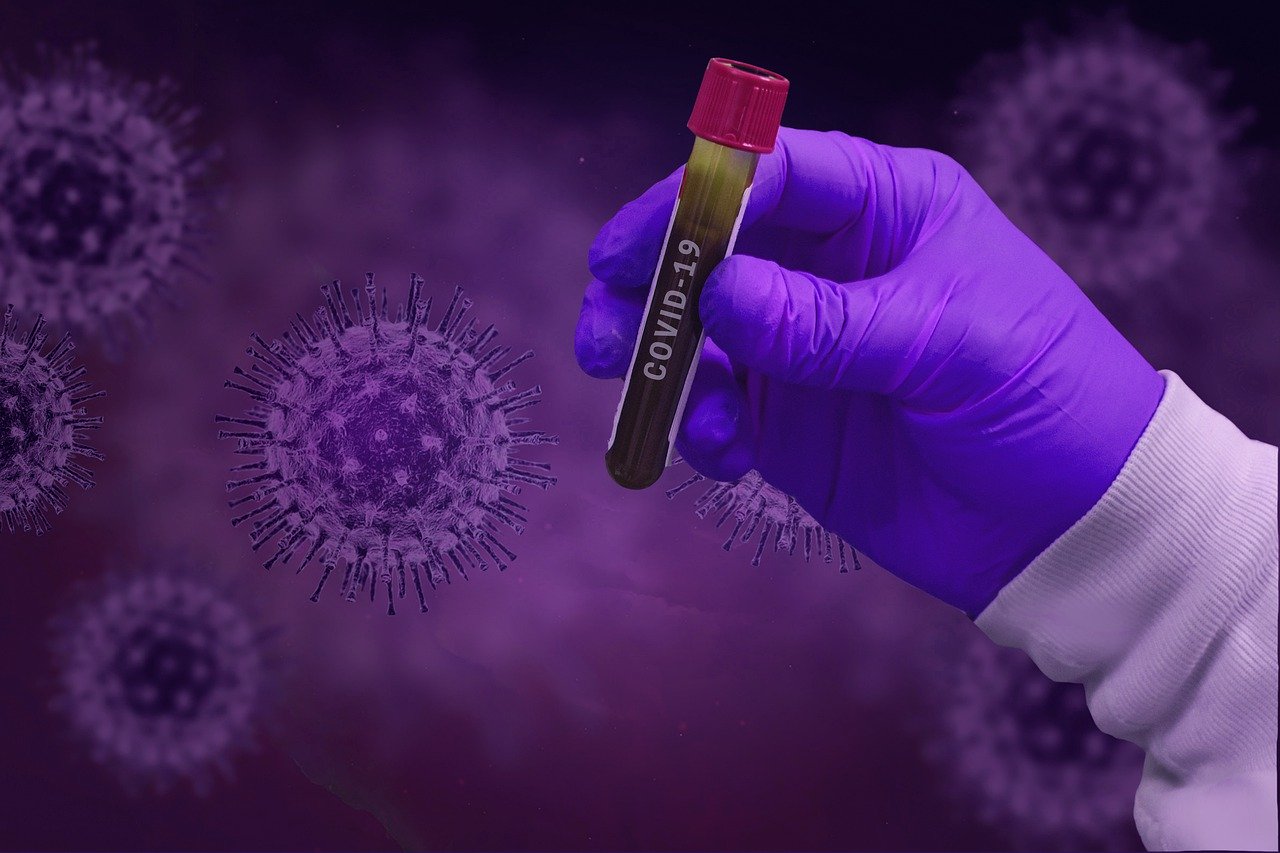A new study, whose findings appear in the Journal of American Medical Association, investigates further on the previously hyped anti-malarial drug, hydroxychloroquine, which gained popularity after receiving support from several US government officials and the president of the US, Donald Trump.
The new research follows the results from another study that was published last week in the New England Journal of Medicine and shows that the infamous hydroxychloroquine drug does not work in coronavirus treatment.
Both of the studies concluded that not only taking the drug offers no benefits but can instead worsen the condition of a person with COVID-19 and cause adverse effects specifically on blood pressure and the health of the heart.
Prior to such findings by teams of researchers, a number of health authorities including the National Institutes of Health and the U.S. Food and Drug Administration had already issued warnings against the use and administration of anti-malaria drugs for patients with coronavirus infection.
The infectious disease expert and health advisor to the US Centers for Disease Control and Prevention, Dr. William Schaffner, recently said “The nail has virtually been put in the coffin of hydroxychloroquine,”
The newest research, which was conducted by researchers at the University at Albany, looked at approximately one thousand four hundred and forty-eight patients who had tested positive for COVID-19 and were admitted at twenty-five hospitals in New York.
RELATED: First Coronavirus Vaccine Reports Positive Results
There were three groups in the patients examined during the course of the study. The first received the standard treatment for the coronavirus infection while patients in the second group received hydroxychloroquine.
In the third group, the participants were given a combination of the antibiotic azithromycin and hydroxychloroquine. Despite the addition of hydroxychloroquine in the treatment, the death rate of participants was the same as those who did not take the drug.
Additionally, those taking hydroxychloroquine along with azithromycin also had the same death rate. These results applied even after statistical adjustments by the researchers.
While there were no positive effects of taking hydroxychloroquine for coronavirus, the team noted that the group who took the drug had an increased number of adverse effects on health.
More precisely, the participants taking hydroxychloroquine had two times higher chances of having a cardiac arrest and other heart-related issues during the period of the research.
David Holtgrave, who is the dean of the School of Public Health at the University at Albany and among the research’s senior authors commented on the findings, saying “The big takeaway for me from this study is that it’s very consistent with the FDA and NIH guidelines that came out in April,”
“When deciding on public health interventions and treatments for Covid-19 or any other disease, it’s really important to follow the data and follow the science and make sure decisions are being made on the highest quality data possible.” He added.
At the moment, there are also a number of other trials testing drug combinations that include hydroxychloroquine for coronavirus. However, the team states that it is unlikely that the results from those trials will be any different from the previous ones.
It is about time that the hype around the drug, primarily created by President Trump in March should be diminished. The president had allegedly mentioned the use of the drug and deemed it the miraculous drug for coronavirus treatment several times regardless of lack of evidence and repeated warnings from the medical community.
The promulgation of hydroxychloroquine for coronavirus originally begun after a small-scale French study showed positive effects of using the drug. However, the study was criticized by the medical community from around the world.
The researchers now hope the results from the latest study, which was based on the biggest trial on hydroxychloroquine till now, will help clear misconceptions regarding the drug.


